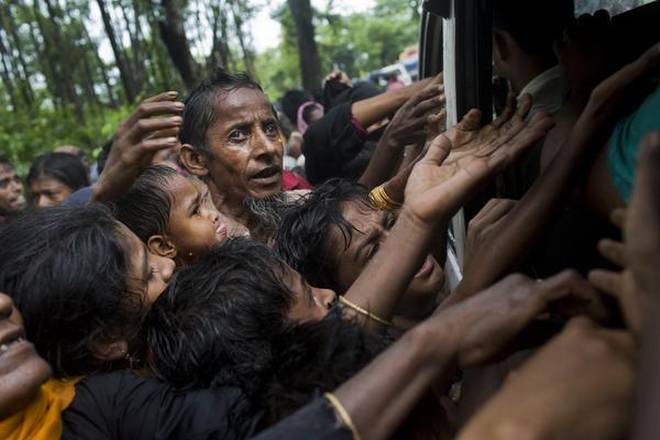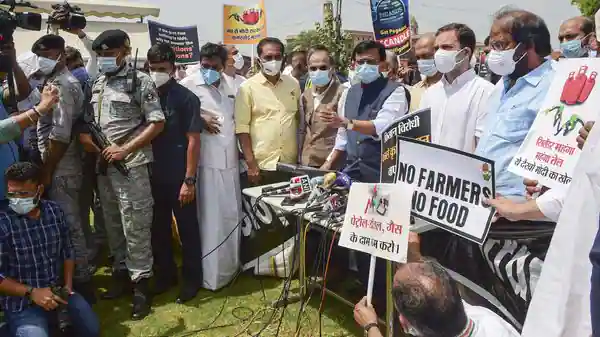The US is “deeply troubled” by the deteriorating situation in Myanmar’s Rakhine state, American Ambassador to the UN Nikki Haley said, as the UN migration agency confirmed 270,000 people fled the country to Bangladesh over the past two weeks.
Scores of Rohingya civilians have fled to Bangladesh, overwhelming refugee camps that were already bursting at the seams and triggering warnings of a humanitarian crisis.
Many more have died trying to flee the fighting in Myanmar’s Rakhine state, where witnesses say entire villages have been burned to the ground since Rohingya militants launched a series of coordinated attacks on August 25, prompting a military-led crackdown.
US Ambassador to UN Nikki Haley said in a statement issued here yesterday that over the past week, conditions in Rakhine have continued to deteriorate.
While the government of Bangladesh is accommodating many displaced Rohingya, significant numbers of civilians are stranded along the border waiting for much—needed relief, while other communities in Rakhine have become internally displaced.
The statement said that the US remains “deeply troubled” by continued reports of attacks against innocent civilians and will continue to urge Myanmar’s security forces to respect those civilians as it conducts security operations.
“Attacks on civilians will only further the violence on the ground and prevent any hope for long—term solutions — including the rapid implementation of the Annan Commission’s recommendations that will benefit all communities in Rakhine State,” it added.
International Organisation for Migration (IOM) confirmed that 270,000 people have fled violence in Myanmar for safety in Bangladesh over the past two weeks, and the number of new arrivals continues to increase.
“Humanitarian agencies are deploying mobile medical teams, installing emergency latrines, providing water, and are distributing tarpaulins for basic shelter and food rations to new arrivals. But much more is needed and we are fast running out of stock,” Margo Baars, who facilitates the Inter Sector Coordination Group, convened by the IOM said in a press release.
This week, at least 300 boats arrived in Cox’s Bazar from Myanmar. Sea routes are particularly dangerous in this season of rough seas. IOM said that new arrivals usually start by looking for space in the established makeshift settlements, where there are some services but these are already full.
Three new spontaneous settlements have sprung up in areas which still have very little services.
An estimated 130,000 of the new arrivals are now living in the registered refugee camps and three makeshift settlements of Kutupalong, Leda and Balukhali. Another 90,000 people are sheltering in host communities, and nearly 50,000 have settled in new spontaneous settlements.
The US welcomes Myanmar government committing humanitarian assistance to all displaced by violence but urged it to “make sure this aid actually reaches those in need, as quickly as possible, and that it is delivered in a manner that protects their rights and dignity”, Indian—American Ambassador Haley said.
Most of the people now crossing the border are women, children and the elderly, many of whom are vulnerable and lack the ability to take care of themselves. There are also many pregnant and lactating women among the new arrivals.




